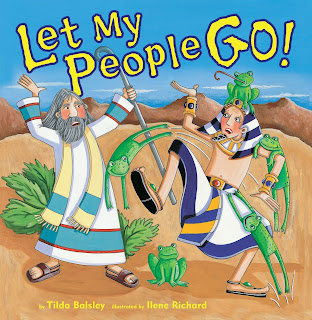I was curious, so I dug and learned about Tamarisk trees. Wanted to share what I discovered because it was very interesting. (Down here in the land of cypress, oak and pine trees, I had never seen a Tamarisk tree.... LOL)
Here is are clippings from https://ww2.odu.edu/~lmusselm/plant/bible/tamarix.php and then from https://www.discovermoab.com/tamarisk-tree/ - so you can read more if you like. I will include some pictures at the end.
PS - Happy Thanksgiving!!
------------------------------------------------------------------
"The tamarisk has small scale like leaves and small branches which give the tree a pine-like appearance. During the heat of the day the tamarisk secretes salt, a process very wasteful of water. The salt dries. During the night the salt absorbs water from the air. In the morning the water evaporates creating a sort of natural air-conditioning. This cooling effect is another reason for its popularity as a shade tree.
"Attractive pink or white flowers are produced during the winter, although a tree may flower any time during the year. The fruits are wind dispersed but the tamarisk is easily propagated by cuttings."
"Tamarisk (also known as salt cedar) is a deciduous shrub or small tree from Eurasia. Tamarisk can grow as high as 25 feet tall. The bark on saplings and young branches is purplish or reddish-brown. Leaves are scale-like, alternate, with salt-secreting glands. Flowers are small and the petals are reddish, pinkish, or white. Each plant can produce as many as 500,000 seeds annually. The seeds are dispersed by wind, water, and animals. Seeds are small with a tuft of hair attached to one end enabling them to float long distances by wind and water. Seeds are short-lived and can germinate within 24 hours after dispersal, sometimes while still floating on the water."





























